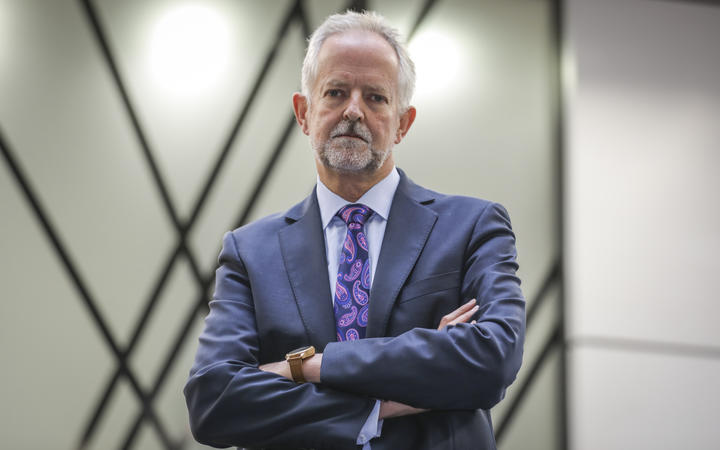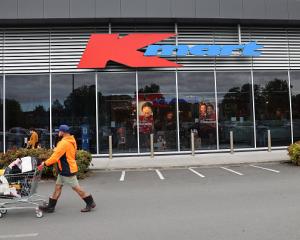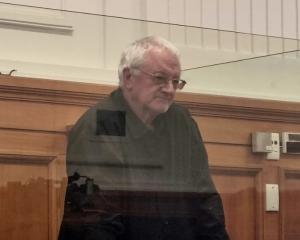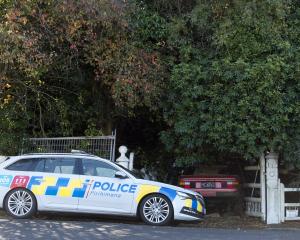
A report from the Office of the Children's Commissioner says more resources are needed for supporting young offenders to turn their lives around before they reach the criminal age.
Becroft says many people won't be aware of New Zealand's specialised child offender system for child offenders between 10 and 13 years.
"This system takes a welfare rather than a criminal justice approach.
"It looks at children's offending as something reflecting a context where parents and families don't have the support and resources to raise their children safely."
But the report finds the system isn't working as intended and too many children are not getting the kind of support that might stop their offending.
Some become serious youth offenders as 14-17-year-olds and are dealt with in the youth justice system, and become adult criminals.
Read the full report 'Children with Offending Behaviour'
Simplification and better resourcing enabling the system to support whānau in bringing about change in these children's lives is badly needed, the report concluded.
Becroft said the current minimum age of criminal responsibility of 10-years-old was far too low.
He said the minimum age should be 14, consistent with the recommendations from the United Nations Committee on the Rights of the Child.
"Most children who offend come from backgrounds of trauma and disadvantage," Becroft said.
"A criminal response to their situation simply does not work.
"Despite much talk about reducing crime and prison numbers, it's ironic that a very effective long-term solution, a focus on reducing child offending, has not been prioritised," Becroft said.
"We are missing a critical opportunity for constructive reform.
"An effective and well-resourced system to work with children who offend and their families can do a much better job than the criminal justice system."
The report's findings:
- The present system for children who offend is too complex and poorly understood.
- Oranga Tamariki's Services for Children and Families and its Youth Justice Services need to collaborate better.
- Government and community agencies need to cooperate more effectively.
- Effective early intervention in the lives of children and their whanau too often is missing.
- Children with offending behaviour are too frequently disconnected from education.
- Although most children in this cohort are Māori, the Office was repeatedly told that culturally appropriate responses from Oranga Tamariki were poor and need to improve.
- Strategic leadership focussing on constructive improvement will lead to positive change for these children.













